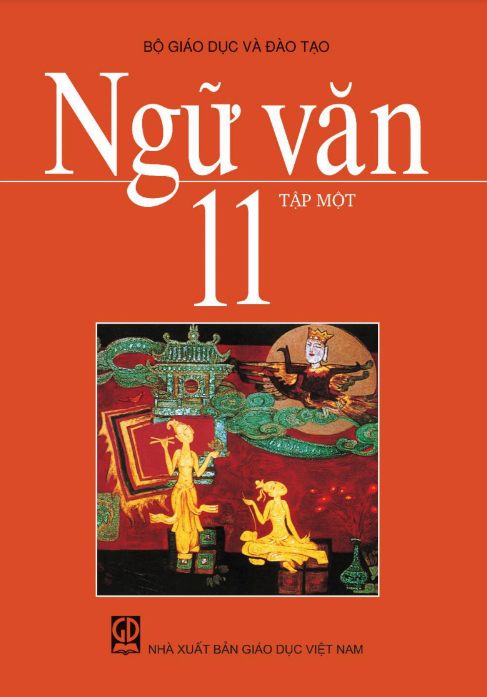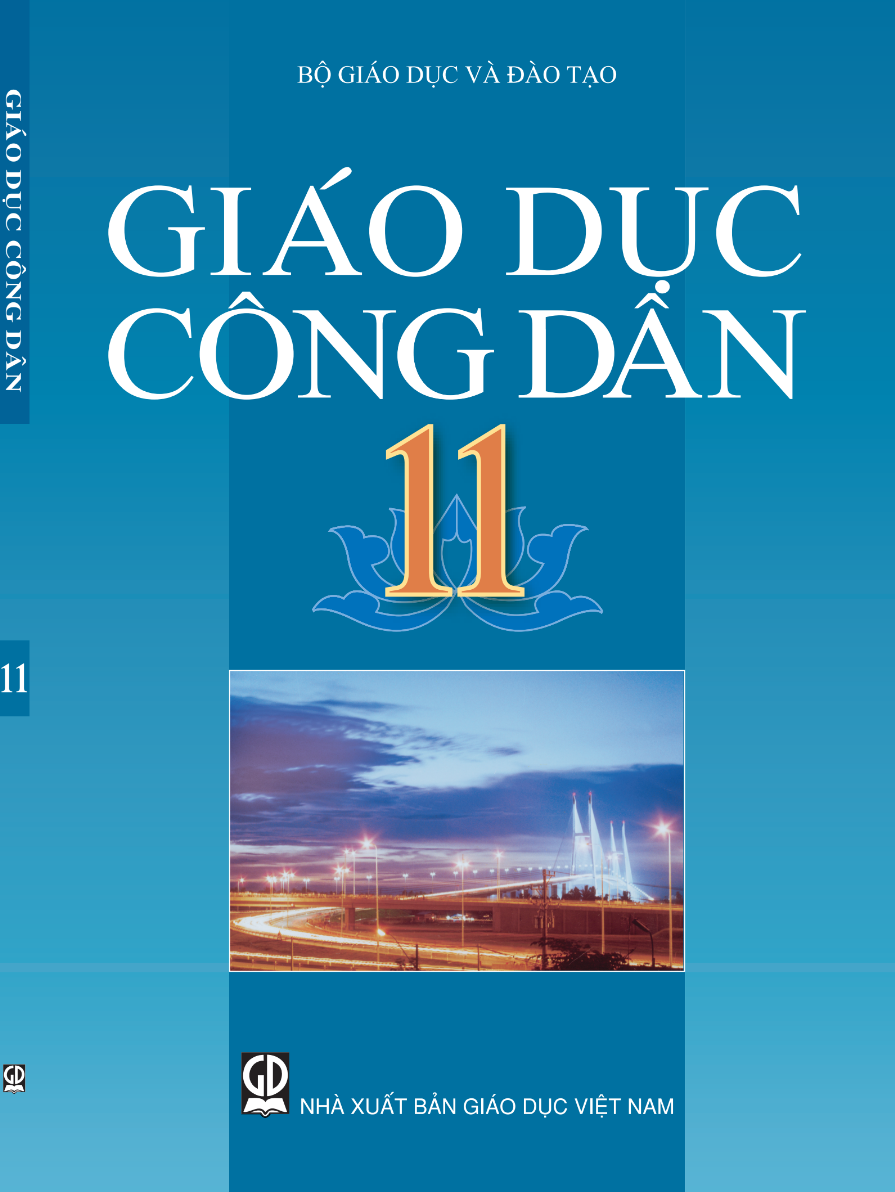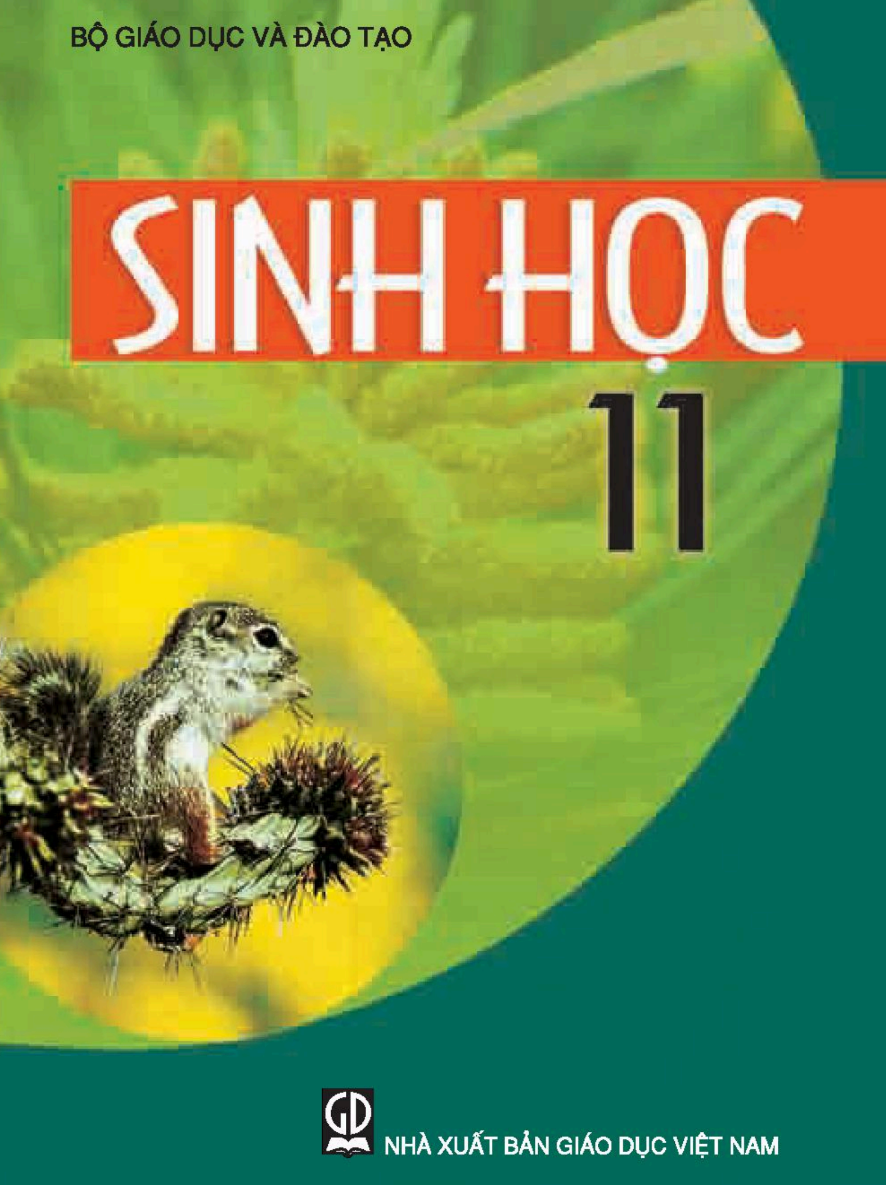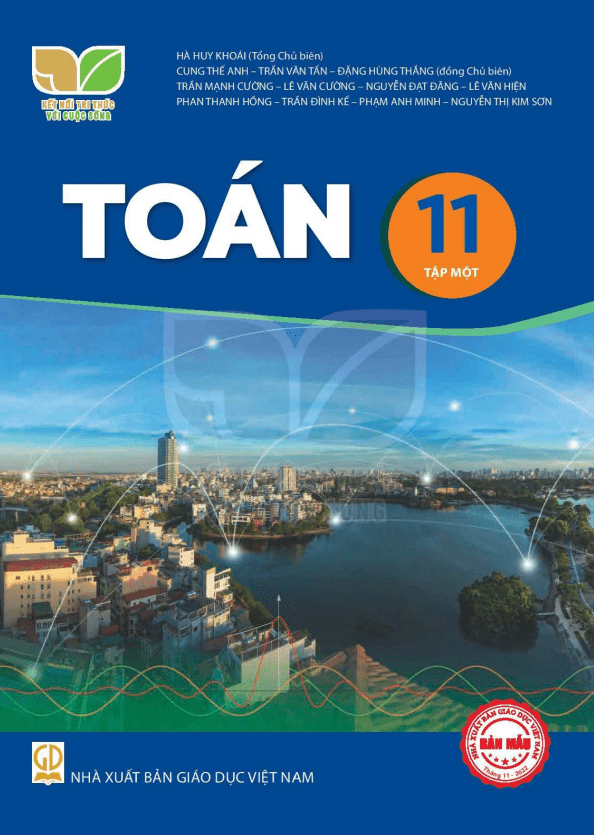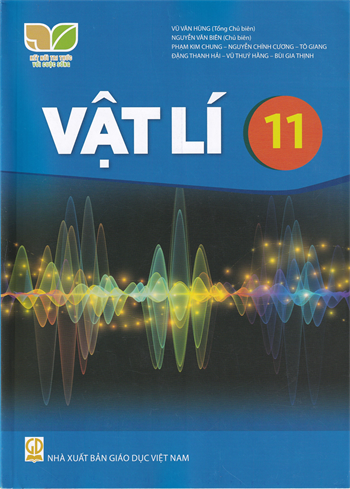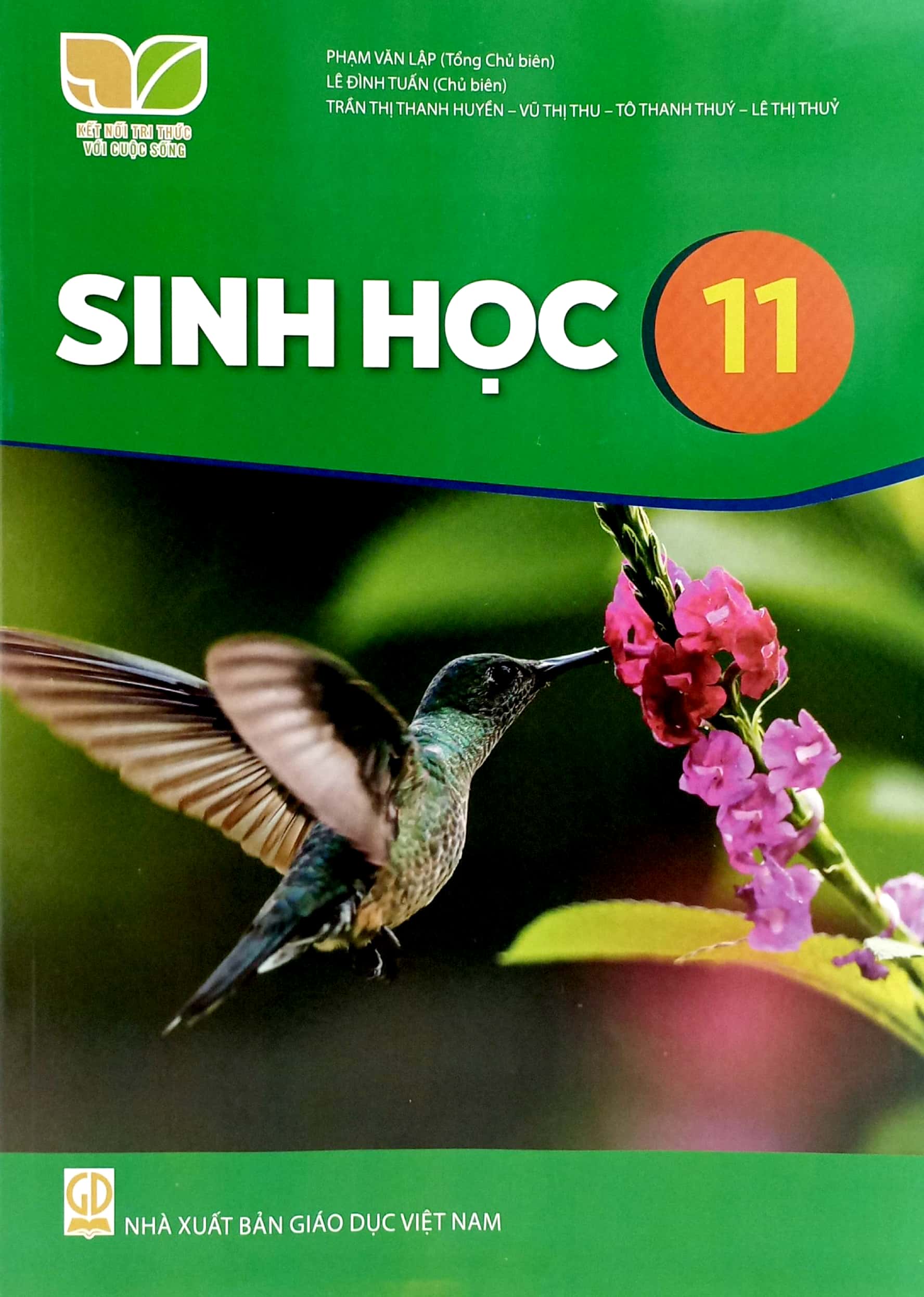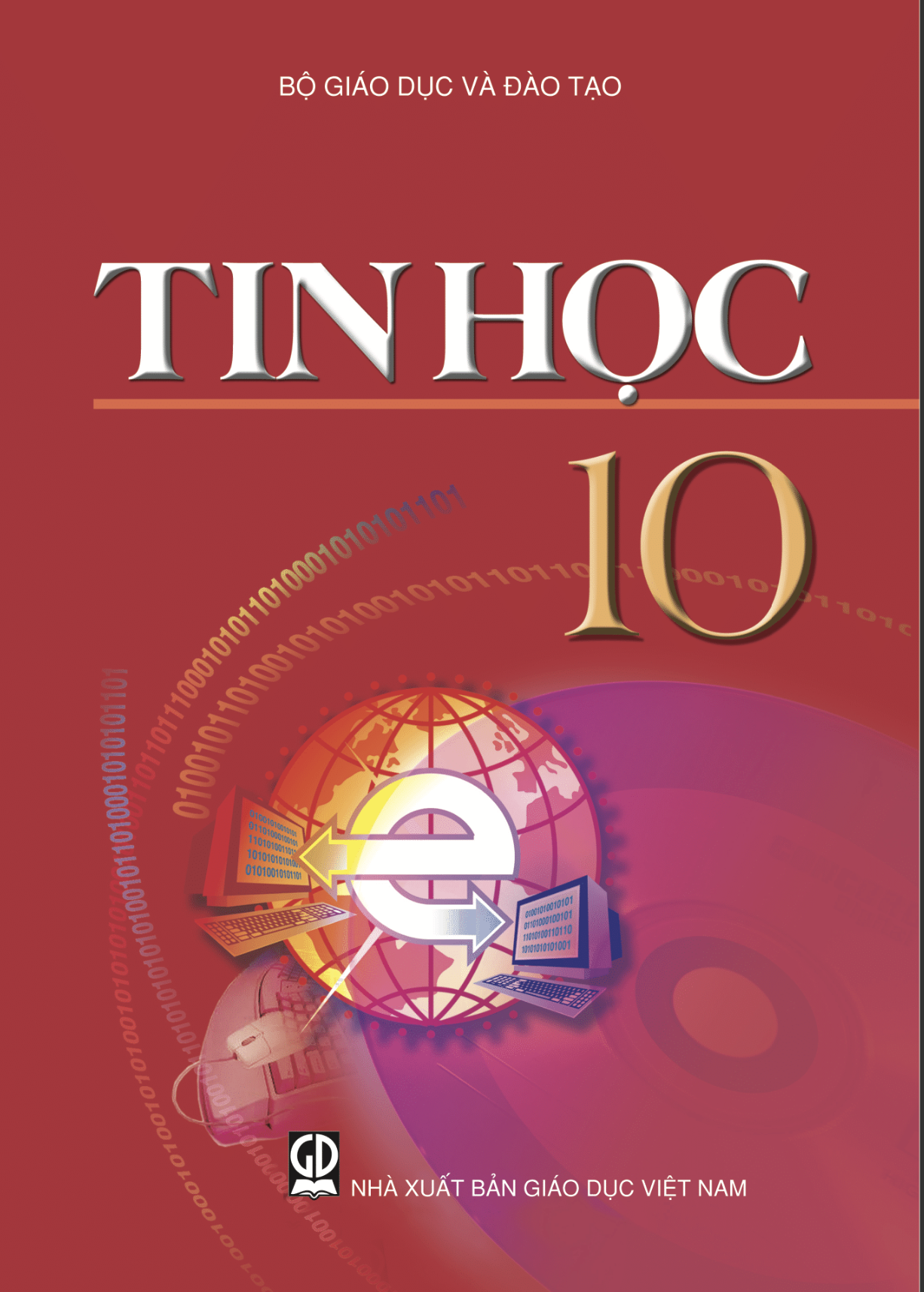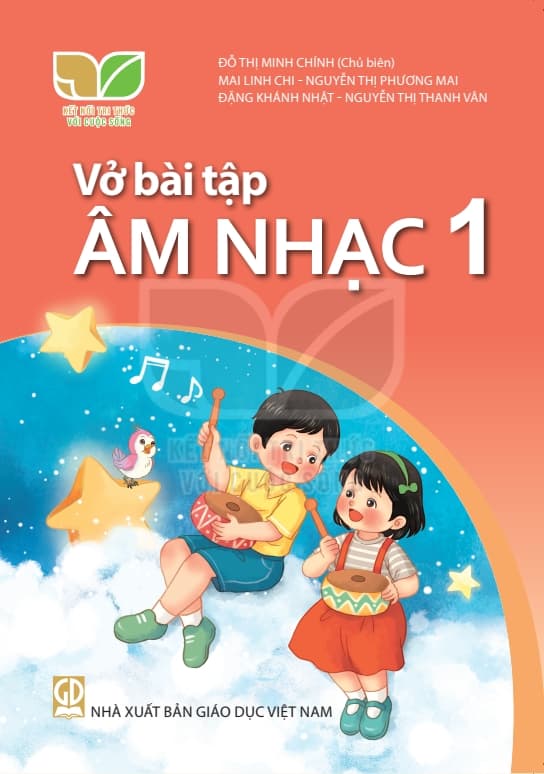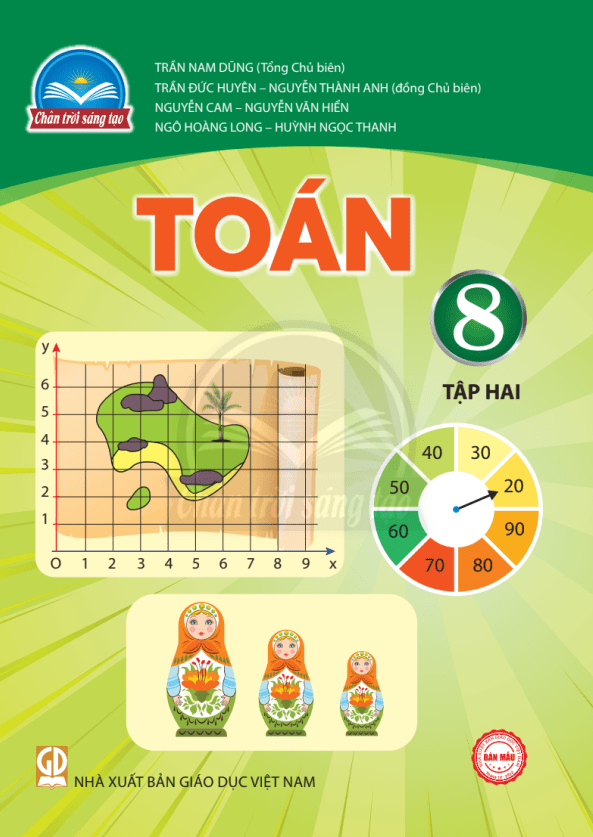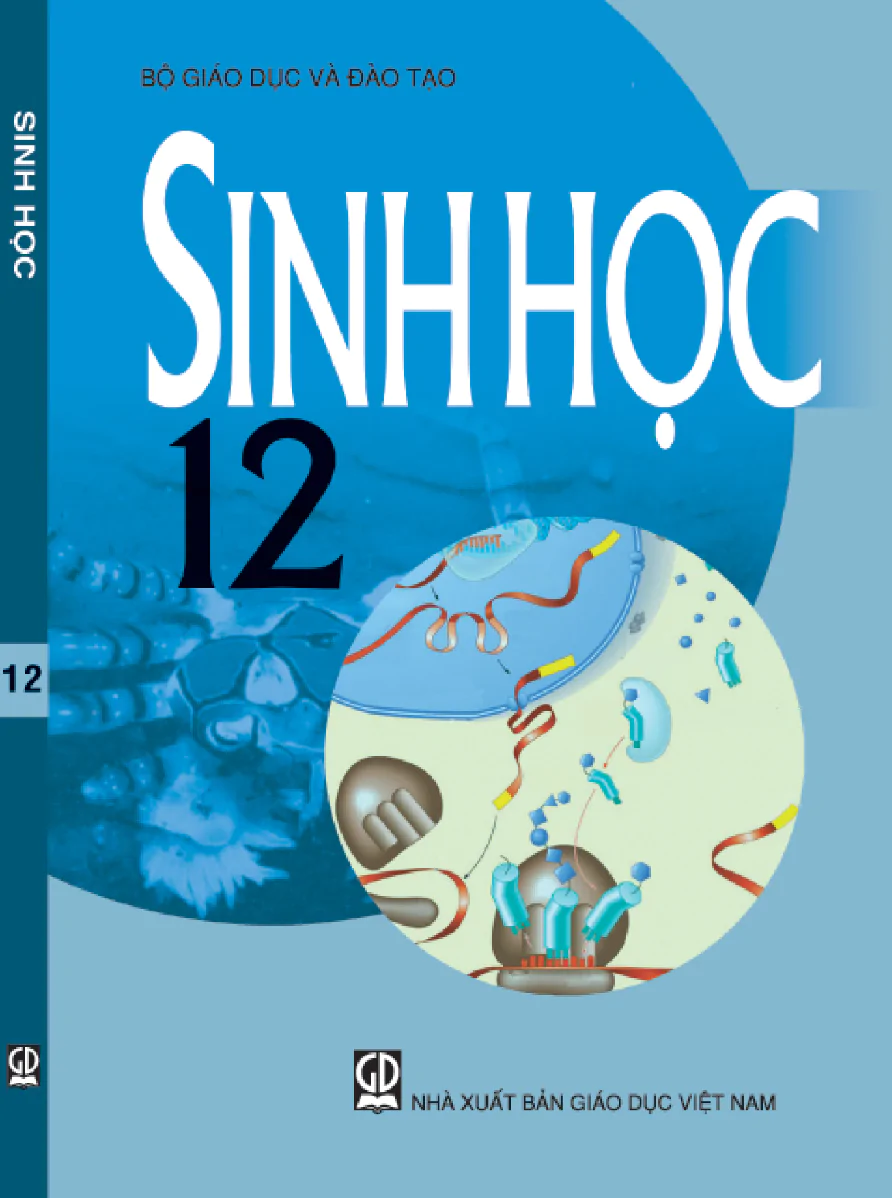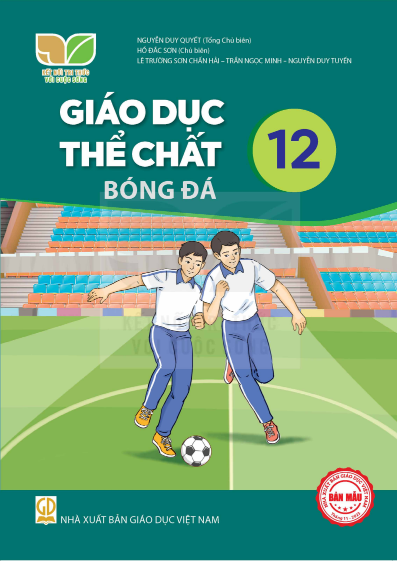(Page
II. LANGUAGE
Pronunciation
Intonation in question tags
💡Remember!
• We use falling intonation on the question tag when we are almost sure of the answer and we think that the listener will confirm that our statement is correct, or we want to gently persuade the listener.
Example: A: The tiger is an endangered animal, isn't it? 
B: Yes, it is./That's right.
• We can also use falling intonation on the tag to make a point.
Example: It's a beautiful view, isn't it? 
• We use rising intonation on the question tag when we are not so sure of the answer.
Example: A: You didn't do your homework, did you? 
B: Yes, I did.
1. Listen to these conversations. Pay attention to the intonation of the question tags. Then practise saying them in pairs. 🎧
1. A: So we need to protect local ecosystems, don't we? 
B: Yes, we do.
2. A: You'll take the books back to the library, won't you? 
B: OK, I'll do that tomorrow.
3. A: We don't want our planet to lose biodiversity, do we? 
B: No, we don't.
4. A: An ecosystem is a community of living things, isn't it? 
B: No, it isn't. It's a community of both living and non-living things.
5. A: You went to Cuc Phuong National Park last weekend, didn't you? 
B: Yes, I did.
(Page 112)
2. Mark the intonation in the question tags, using  (rising intonation) or
(rising intonation) or  (falling intonation). Then listen and check. Practise saying the conversations in pairs.
(falling intonation). Then listen and check. Practise saying the conversations in pairs.
1. A: Sorry, I didn't hear my alarm this morning.
B: So you were late again, weren't you?
2. A: I couldn't watch the match last night. We won, didn't we?
B: Yes, we did.
3. A: There are several ecosystems that can be found in Viet Nam.
B: Yes. Viet Nam is biologically diverse, isn't it?
4. A: We are running out of fossil fuels, aren't we?
B: Yes, we are. We should find more alternative sources of energy.
5. A: People should stop damaging the environment, shouldn't they?
B: Yes, I agree with you.
Vocabulary
Plants and animals
1. Match the words and phrase with their meanings.
| 1. native (adj) | a. a group of animals or plants that have similar characteristics |
| 2. tropical forest (np) | b. the protection of the natural environment |
| 3. species (n) | c. any animal that gives birth to live young, not eggs, and feeds its young on milk |
| 4. conservation (n) | d. thick forest that grows in the hot parts of the world |
| 5. mammal (n) | e. existing naturally in a place |
2. Complete the sentences using the correct form of the words and phrase in 1.
1. _____ usually have a great variety of flora and fauna.
2. Many young people are really interested in wildlife _____ nowadays.
3. Koalas and kangaroos are _____ to Australia only.
4. Cat Ba National Park has many plant _____ that can be used as medicine.
5. Some groups of _____, including lions and tigers, eat mainly meat.
Grammar
Compound nouns
💡Remember!
A compound noun is a noun that is made with two or more words, e.g. air-traffic controller. A compound noun is usually formed by:
• noun + noun: bus stop
• adjective + noun: wildlife
• -ing form + noun: washing machine
• noun+ -ing form: film-making
• verb + preposition: break-out
Some compound nouns are usually written as one word, e.g. bedroom, some as separate words, e.g. tennis shoes, and others with a hyphen, e.g. film-maker.
Even if the first noun has a plural meaning, it usually has a singular form. e.g. car park.
To make a compound noun plural, we usually make the second noun plural, e.g. car parks. There are some exceptions, e.g. clothes shop, passers-by.
1. Use the words in the box to make five compound nouns.
| endangered nature life rain vocational species reserve expectancy forest school |
1. _____
2. _____
3. _____
4. _____
5. _____
6. _____
(Page 113)
2. Work in pairs. Use the words in the box to make compound nouns. Then make sentences with them.
| wild swim life level warm mobile sea globe pool phone |
Example: There are many factors that contribute to global warming.
